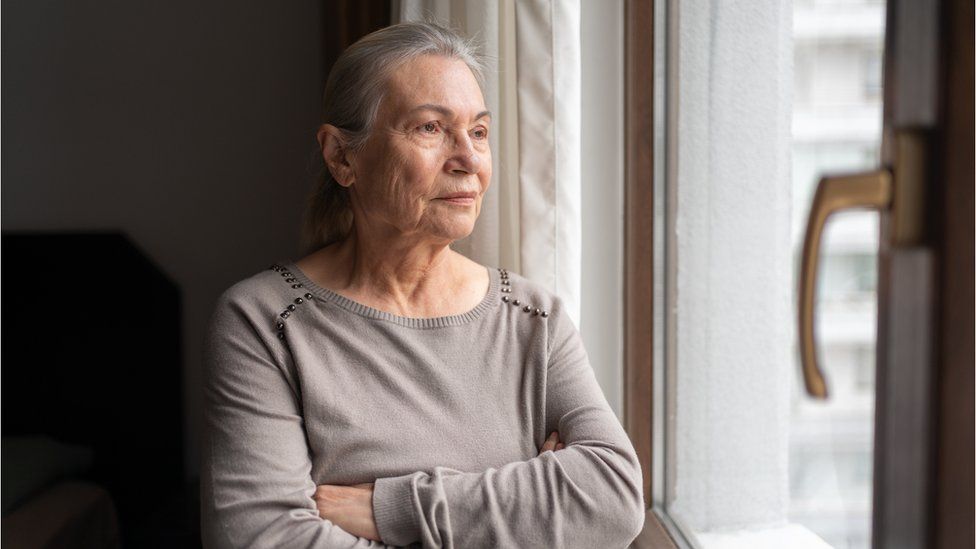 Image source, Getty Images
Image source, Getty Images
MPs should have the chance to vote on assisted dying after the findings of a new report, according to campaigner Dame Esther Rantzen.
There was some evidence it has led to better end-of-life care in places where it is allowed, the Health and Social Care Committee found.
A number of countries have legalised assisted dying, assisted suicide or euthanasia, which are all different.
What is assisted dying?
But assisted dying is generally used to describe a situation where someone who is terminally ill seeks medical help to obtain lethal drugs which they administer themselves.
What is assisted suicide?
Providing someone with a lethal dose of sedatives, or helping them go to Switzerland (where assisted suicide is legal), could both be considered assisted suicide.
What is euthanasia?
It is legal in fewer places than assisted dying or assisted suicide, and patients do not necessarily have to be terminal.
There are two types: voluntary euthanasia, where a patient has given consent, and non-voluntary, where they have not been able to, for example if they are in a coma.
Are euthanasia, assisted dying or assisted suicide legal in the UK?
The laws throughout the UK prevent people from asking for medical help to die.
More specifically, euthanasia is illegal under English law and is considered manslaughter or murder. The maximum penalty is life imprisonment.
The Suicide Act 1961 also makes it illegal to encourage or assist a suicide in England and Wales. Those found guilty could face up to 14 years in prison.
Similar laws also exist in Northern Ireland. There is no specific crime of assisting a suicide in Scotland, but it is possible that helping a person to die could lead to prosecution for culpable homicide.
The Health and Social Care Committee highlighted confusion about what the current system means for doctors. It said it was not clear whether they could provide medical evidence for people who wanted to go abroad to die.
The British Medical Association (BMA) advises doctors against producing medical reports to facilitate assisted suicide abroad.
Who is calling for a change in the law in the UK?
Campaigners have made numerous attempts to alter the law over many years.
Broadcaster Dame Esther Rantzen, who has stage four lung cancer, launched a petition in support of assisted dying. It recently passed the 100,000-signature threshold needed to trigger a debate in Parliament.
Image source, PA Media
Image caption,Dame Esther Rantzen, who has stage four lung cancer, says she has joined Dignitas in Switzerland
The government says any change is a matter for Parliament.
Proposals on assisted dying were last rejected in July 2022, but the government said it would provide time to debate the subject again. It indicated that MPs would be free to vote as they wished.
The current law has also been challenged in the courts, with a number of people with terminal and life-limiting illnesses arguing for their right to die.
Who opposes euthanasia or assisted dying?
Both the BMA and Royal College of Nursing have neutral positions on assisted dying.
Others argue the current legal position around all forms of assisted death should remain the same.
Baroness Grey-Thompson is concerned that vulnerable people could be coerced into pursuing assisted dying, and that it is hard to put adequate safeguards in place.
"We need to make sure people are protected," she told BBC Breakfast, arguing that medical complications can arise once lethal drugs enter the body.
Dr Gordon Macdonald, of anti-assisted dying campaign group Care Not Killing, said he believed there were "many problems" with changing the law.
He is worried that criteria for assisted dying could in time be extended beyond terminally-ill people to include those with disabilities, and conditions such as dementia and depression.
Where is euthanasia or assisted dying legal around the world?
Switzerland has allowed assisted suicide since 1942. It is perhaps best known for its Dignitas facility. However all forms of euthanasia are against the law.
Assisted suicide is also legal in neighbouring Austria.
In the US,11 states allow assisted dying. Known as "physician-assisted dying", it permits doctors to prescribe lethal drugs for self-administration.
Physician-assisted dying is legal in Oregon, California, New Mexico, Colorado, Washington, Hawaii, New Jersey, Vermont, Maine and Washington DC.
In Montana, court rulings allow doctors to defend themselves if they assist in a person's suicide.
Voluntary euthanasia is legal in Canada, where it is called medical assistance in dying. It can be provided by a doctor or nurse practitioner, either in in person, or through the prescription of drugs for self-administration.
It is also legal in Spain and Colombia, both of which also permit assisted suicide.
Assisted dying is legal in some parts of Australia, but the law differs across states. It is not permitted in either the Northern or Australian Capital territories, which have separate legal systems.
New Zealand's End of Life Choice Act legalises assisted dying and allows adults in their final months of life to request assistance from a medical professional.
Three countries have laws that allow people who are not terminally ill to receive assistance to die: The Netherlands, Belgium and Luxembourg.
If you've been affected by issues in this article, help and support is available via the BBC Action Line.

 4 months ago
22
4 months ago
22

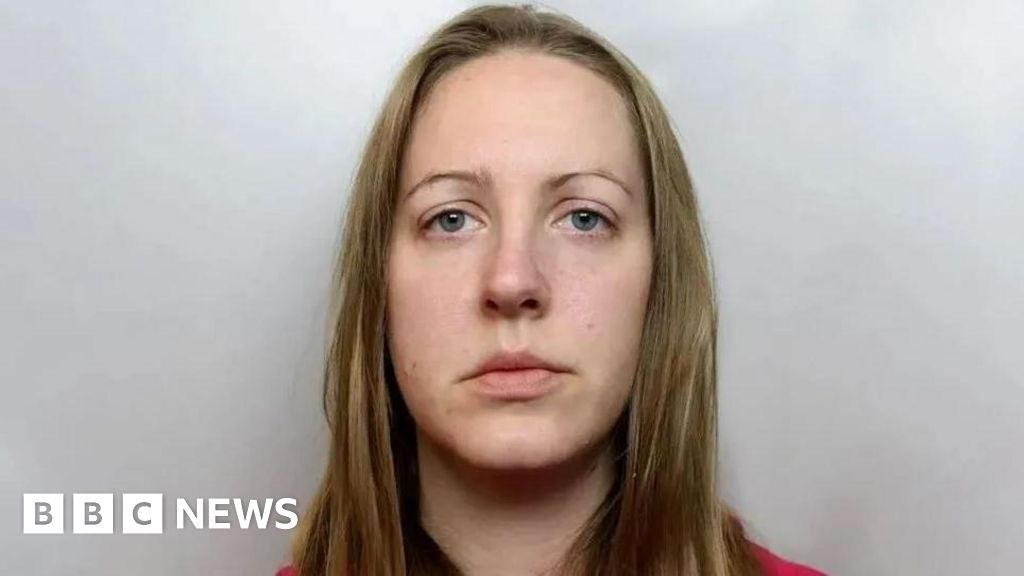
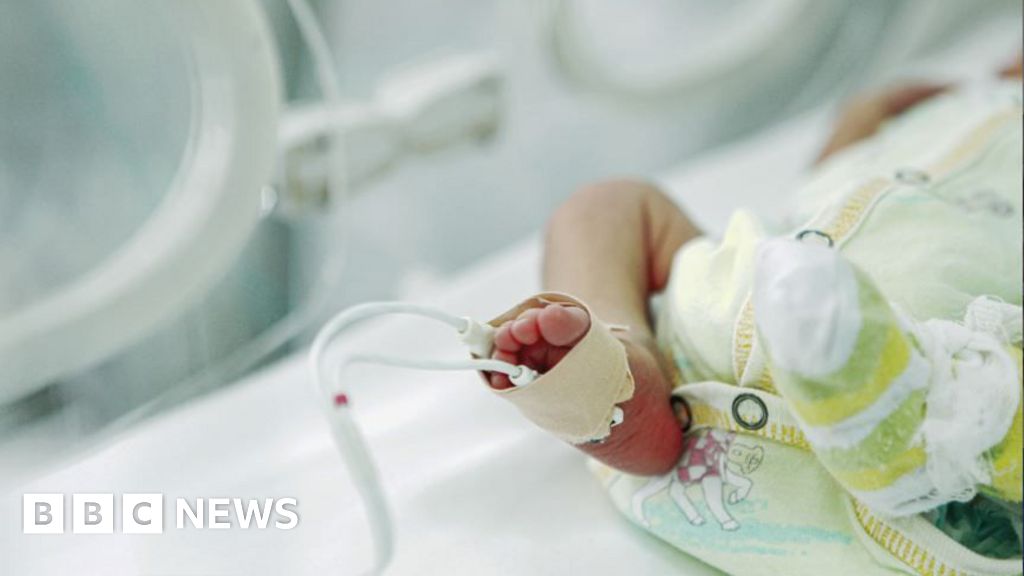


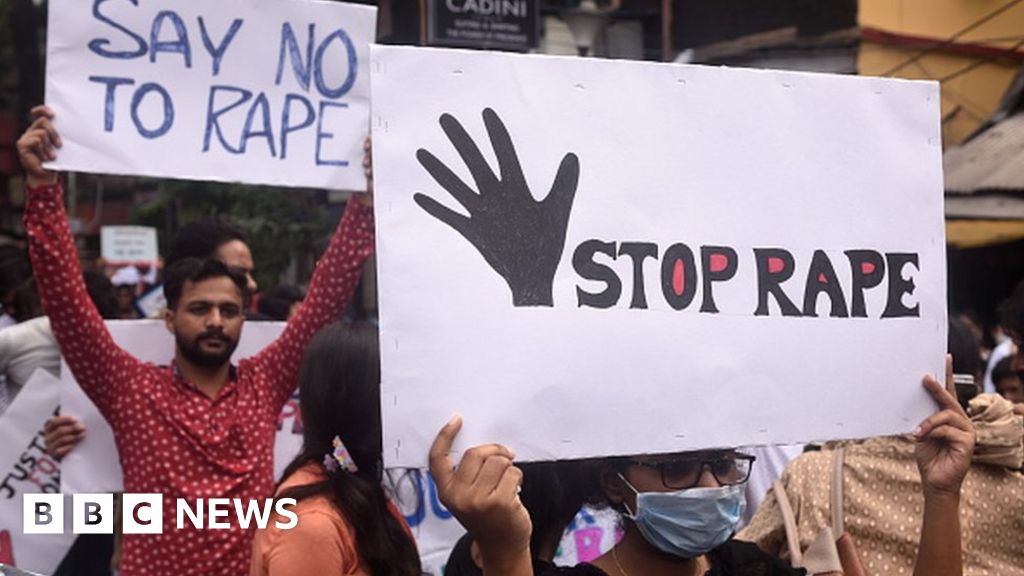

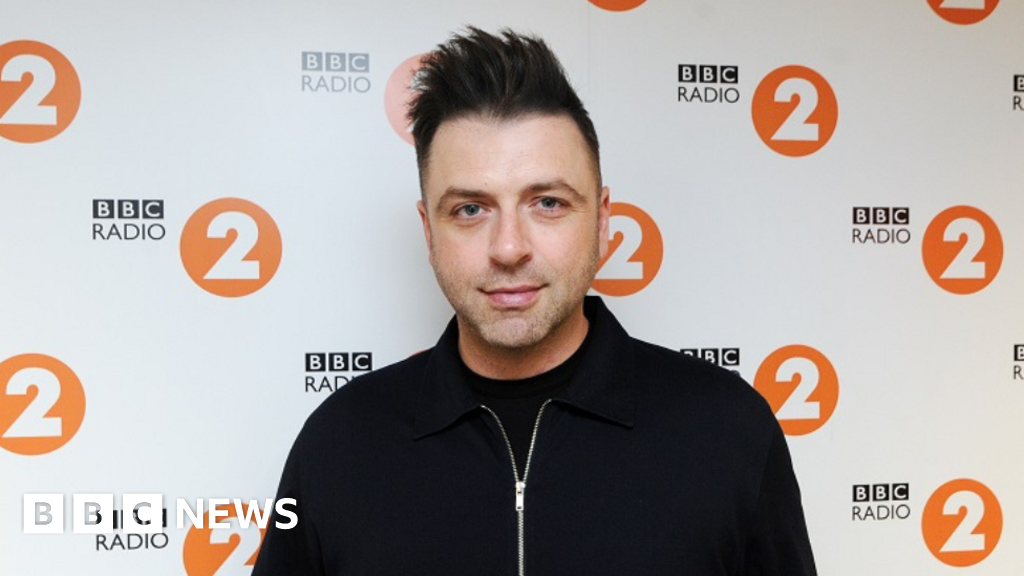
 English (US) ·
English (US) ·